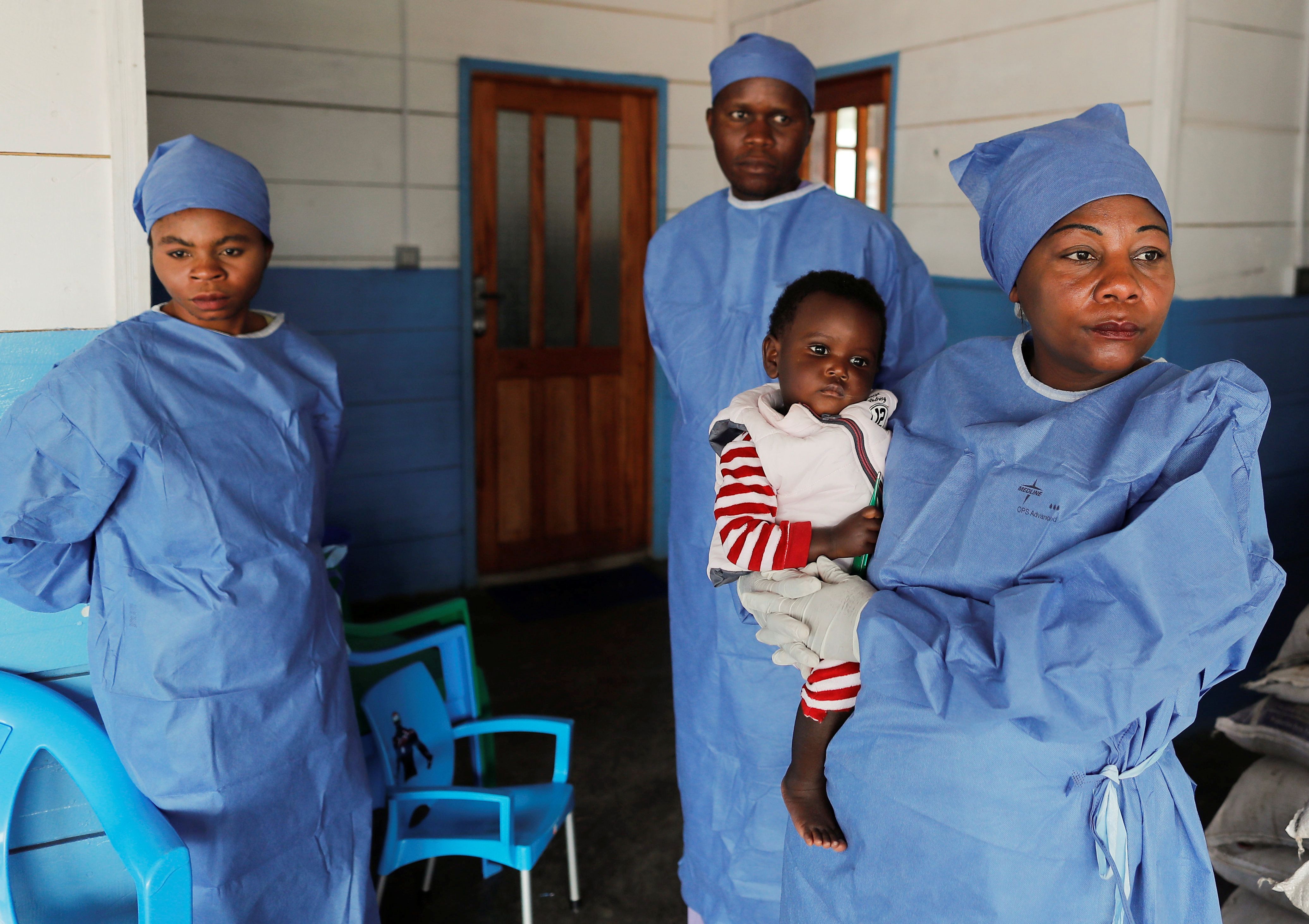What We're Watching: DRC's Ebola outbreak, Russia's referendum, Netanyahu's annexation push
DRC's new Ebola wave: On the verge of eradicating an Ebola outbreak in the country's east which began back in 2018, the Democratic Republic of the Congo has now identified a fresh wave of cases in the northwestern city of Mbandaka. The disease, which has a fatality rate of 25 – 90 percent depending on the outbreak's character, has already killed five people in recent weeks, prompting the World Health Organization to issue a grim warning that a surge of new cases could occur there in the coming months. (Ebola has an incubation period of about 21 days.) This comes as the central African country of 89 million also grapples with COVID-19 and the world's largest measles outbreak, which has killed 6,779 people there since 2019. In recent weeks, officials from the World Health Organization predicted that the DRC's deadly Ebola crisis, which has killed 2,275 people since 2018, would soon be completely vanquished.
Russia's referendum is on again: Coronavirus postponed, but couldn't cancel, Vladimir Putin's latest grand plan. Back in April, Russians were supposed to vote on constitutional amendments that would allow Putin to reset the clock on term limits and potentially serve as president until 2036. That vote has now been re-scheduled for July 1, and Putin has good reason to want to hold it ASAP. True, his approval rating remains at 59%, and a credible poll conducted on May 20 found that 44% intended to support the new plan with just 32% opposed. (Others were undecided.) But the health and economic damage inflicted by coronavirus has cut into his popularity enough in recent months to persuade him to act now before his margin becomes embarrassingly narrow. In the end, it's virtually assured that Putin will get the results he wants – state media will see to that. Then all he has to do is keep Russians happy with his leadership for another 16 years.
Netanyahu's annexation push: After staging an unlikely political victory in April, Israel's newly emboldened Prime Minister Benjamin Netanyahu says he plans to move ahead with contentious plans to annex part of the West Bank starting on July 1. The unilateral move, deemed illegal by most of the international community, has not been coordinated with the Palestinian Authority, who preemptively rebuffed the move and threatened to tear up all agreements with Israeli military forces, crucial to the security of both. But it's not Palestinian misgivings that are holding Netanyahu back from going full steam ahead now – it's the Trump administration. While the US initially showed enthusiasm for the annexation plan, which involves Israel folding 30 percent of the West Bank into its territory, including the Jordan Valley and settlements, American delegates, including Jared Kushner who pioneered President Trump's Mideast peace plan, as well as Secretary of State Mike Pompeo, have since waffled on the annexation issue. The political fallout is reverberating throughout the region. Jordan, for example, which has enjoyed a cold peace with Israel for decades, threatened to reassess the peace accord if Netanyahu pushes ahead with the annexation issue.
